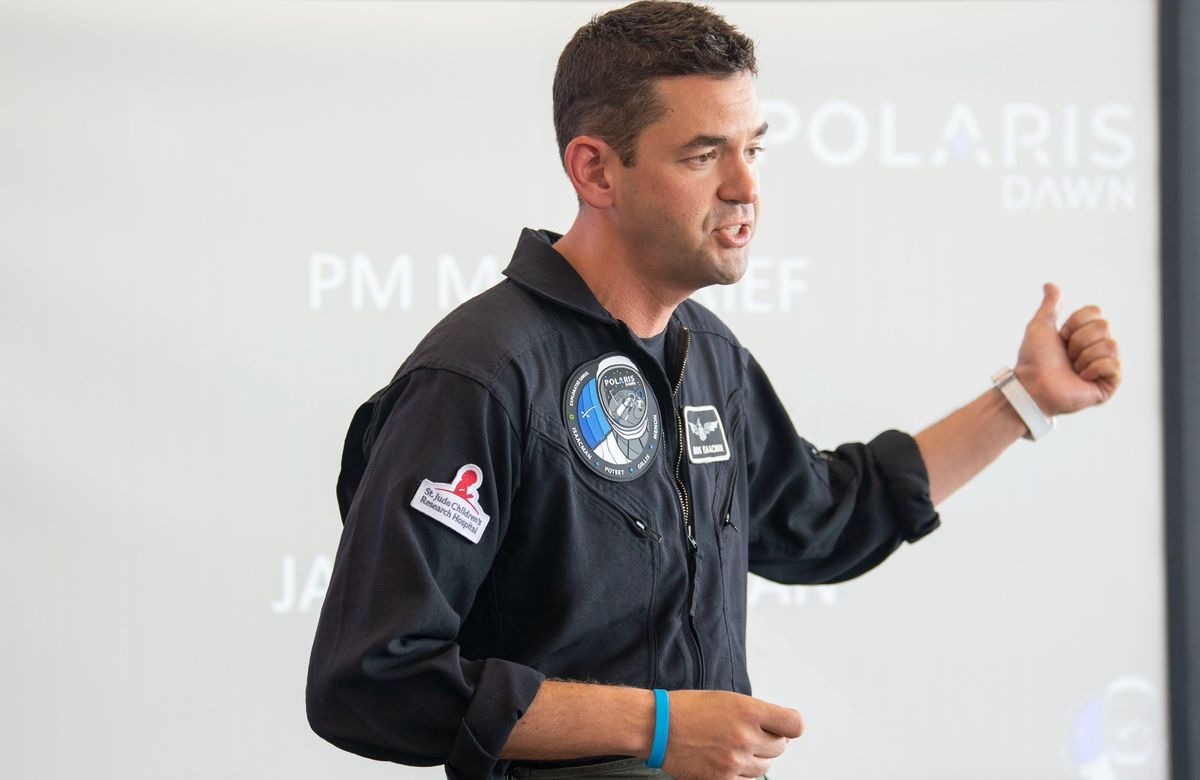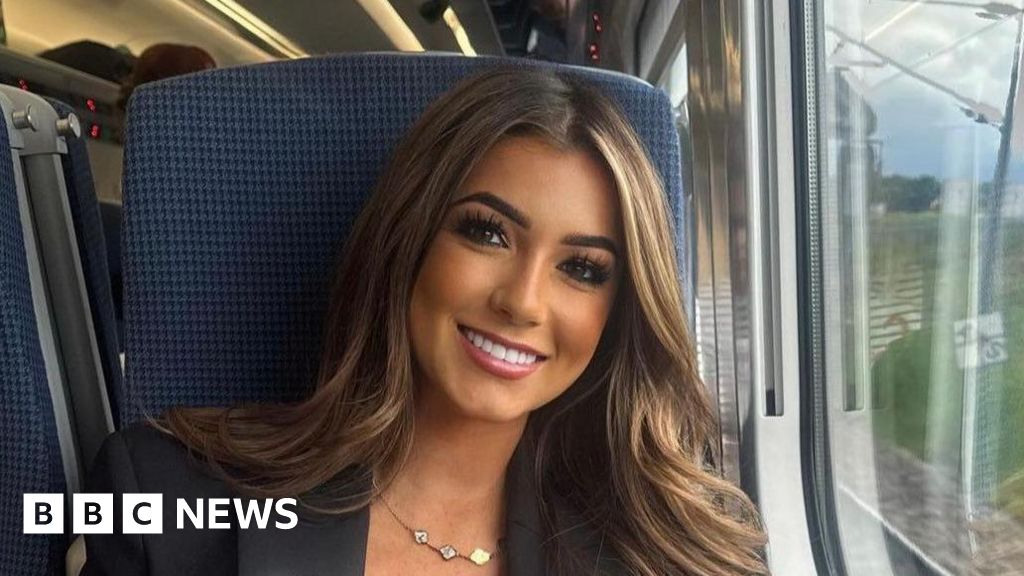

Brendan McDermidt/POOL/AFP/Getty Images
Donald Trump's inner circle doesn't expect the Supreme Court to go along with his radical arguments about executive power in an immunity case before the justices. But what the high court is doing now is almost beside the point: Trump already won.
Three people with first-hand knowledge of the matter say Rolling Stone Many of the former president's lawyers and political advisers have already accepted that the judges will rule against him. Bringing the case to court — after a federal appeals court in Washington, DC, dismissed their arguments on executive authority — is a late-stage tactic designed to push Trump's criminal election tampering trial on Election Day this fall. This strategy paid off more than MAGAworld expected.
« We've already stopped the theft, » says a source close to Trump, who doesn't care what the Supreme Court decides now.
Trump's lawyers and other hopefuls widely expected — and have told the former president — that the court maneuver would delay the election tampering trial, but only through the summer. For months, Trump's attorneys have been aggressively preparing themselves and their client to face trial over efforts to subvert the 2020 election and the violent Jan. 6 attack on the U.S. Capitol just as the Republican Party's nominating convention took place. , sources add.
Most of Trump's team predicted that if the federal investigation continued this election year, it would be significantly more damaging to the Republican presidential nominee politically than his ongoing criminal hush-money investigation in Manhattan.
« We planned for that fatigue table and split screen, » says one person involved in the planning.
But the conservative supermajority of the Supreme Court that Trump built as president came to him in a way that many Trump advisers did not believe. When news broke in late February that the court would take up Trump's claims of broad immunity, Trumpland was overjoyed, a lawyer close to Trump said. Rolling Stone They are « the champagne in the making. »
While a lower appeals court considered Trump's arguments in December 2023, special counsel Jack Smith was the first to try to expedite the election tampering case by asking the Supreme Court to rule on Trump's immunity claims. The process through which the case goes through the Court of Appeals.
The Supreme Court later agreed to consider Trump's claims — handing Trump a major victory because it almost certainly pushed back his trial past Election Day in November. For Trump's 2024 campaign and his top lawyers, the battle is over two months now.
While Trump's lawyers do not widely expect the Supreme Court to accept the former president's views on immunity, there is a risk that the ultra-conservative court will give them some measure of blessing.
Throughout the process, Trump's lawyers argued on two fronts. First, they have held that impeachment is the only constitutional way to deal with crimes committed by a president while in office. The Senate failed to convict Trump when it impeached him for a second time shortly after he left office on charges of inciting the January 6 uprising. His lawyers say any attempt to prosecute him outside the criminal code represents unconstitutional double jeopardy.
Second, Trump's lawyers tried to argue that the principles of civil suits against sitting presidents — the precedent that the chief executive enjoys absolute civil immunity for all official acts performed within the « outer perimeter » of his office — somehow apply to criminal prosecution. Prohibition against and prosecution against him.
After a district court dismissed their arguments, Trump's lawyers appealed to a federal appeals court in Washington.
During oral arguments before the appeals court, the justices were skeptical of the implications of Trump's comments on executive authority. A stunned judge asked Trump's lawyers, « Should a president who ordered the assassination of a political rival by SEAL Team Six and not been impeached face criminal charges? » he asked.
Trump's lawyer John Sawyer's response was chilling: « If he's indicted and convicted first … my answer is, yes, there's a political process that has to happen first, » he said. In other words, under Trump's view of immunity, he cannot be prosecuted for ordering an assassination — he must first be indicted and convicted.
At the Supreme Court, Sauer argued that judges should not concern themselves with « bad assumptions » that « will certainly never happen. »






